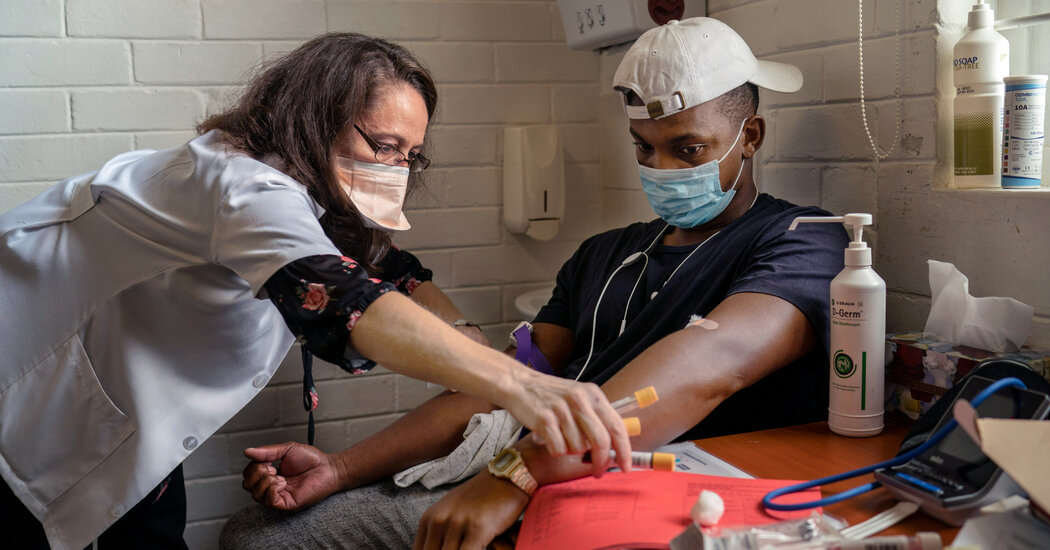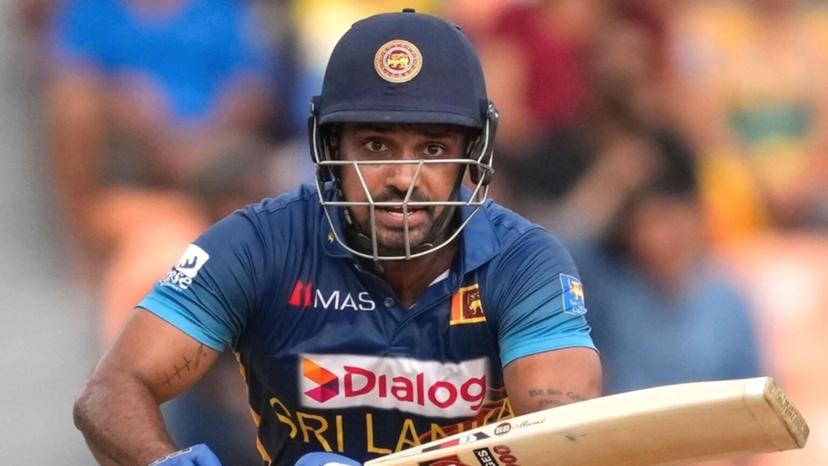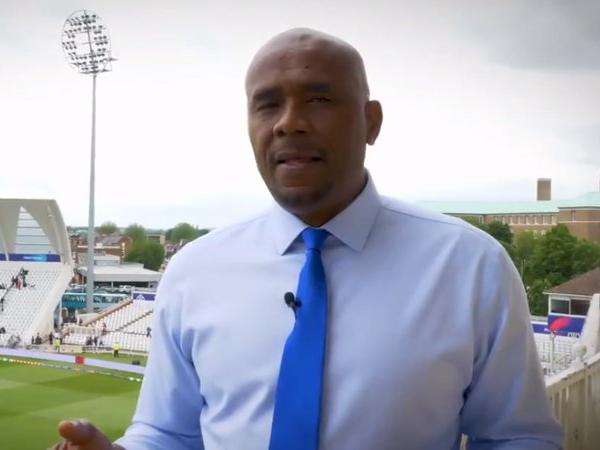

The White House announced on Monday that it would co-host the second global Covid-19 summit next month, a gathering intended to build momentum for vaccine donations and for ending what the White House called the “acute phase” of the pandemic.
The meeting, which was originally expected to be held in March, is now scheduled to take place virtually on May 12.
Efforts to subsidize more global vaccinations stalled in the United States after lawmakers stripped $5 billion from a pandemic relief package that could come up for a Senate vote in the next few weeks.
When lawmakers announced an agreement earlier this month on the $10 billion coronavirus aid package, which is centered on domestic coronavirus testing, vaccination and treatment, they turned away a push from the Biden administration and from some members of Congress to reinforce the nation’s global Covid-19 commitments, which some public health experts said were already lacking. Republicans had demanded that any new aid be financed in part by repurposing previously approved but unspent Covid-19 relief.
“The emergence and spread of new variants like Omicron have reinforced the need for a strategy aimed at controlling Covid-19 worldwide,” the White House said on Monday in a statement announcing the May summit, which will also be hosted by Belize, Germany, Indonesia and Senegal.
Global health experts are worried that the United States’ commitment to addressing the global pandemic is waning as President Biden’s attention has been consumed by other matters, notably the war in Ukraine.
Peter Maybarduk, director for access to medicines at the advocacy group Public Citizen, called the summit “late and necessary,” and criticized the Biden White House for not fighting harder to get money from Congress for the global effort. He said the effort must go beyond vaccination, to expand access to testing and therapeutics in low- and middle-income nations.
“If you are going to solve a global pandemic, you need the wealthiest governments to really commit to it,” Mr. Maybarduk said. “And if you don’t have a highly prioritized U.S. leadership, the world is going to stumble through it.”
About 16 percent of people in low-income countries have received at least one dose of a vaccine, compared to 80 percent of people in high-income and upper-middle-income countries, according to the Our World in Data project at the University of Oxford. Production problems, export bans and vaccine hoarding by wealthy nations have helped widen the gap.
The May summit will carry over themes from the first meeting, held in September, the White House said. Those themes include the logistical work of getting shots into arms, reaching high-risk groups with virus tests and treatments, building up more local and regional vaccine manufacturing capacity and increasing the number of public health workers.
The lowest-income countries are getting more vaccine supplies than before, but health officials say that the doses may arrive on irregular schedules, making it difficult to organize vaccination campaigns, particularly when local health systems are short of staff, transportation and storage facilities.
Senator Chris Coons of Delaware, a Democrat who helped negotiate the pandemic relief package, said on Sunday that the United States had millions of vaccine doses on hand that could be sent abroad before they expire.
24World Media does not take any responsibility of the information you see on this page. The content this page contains is from independent third-party content provider. If you have any concerns regarding the content, please free to write us here: contact@24worldmedia.com

Marnus Labuschagne Caught Off-Guard By ODI Captain Call After Steve Smith Snub

Everyone Is Looking Forward To It, The Standard Will Be Very High – Jacques Kallis On CSA’s SA20

Danushka Gunathilaka Granted Bail On Sexual Assault Charges

Ramiz Raja Sends Legal Notice To Kamran Akmal For Defamatory, False Claims Against The Board

Harbhajan Singh Reckons Mumbai Indians Should Release Kieron Pollard Ahead Of The IPL Auction 2023

Ian Bishop Praises Sam Curran For His Performances On Bouncy Australian Tracks

Why Choose A Career In Child Psychology?